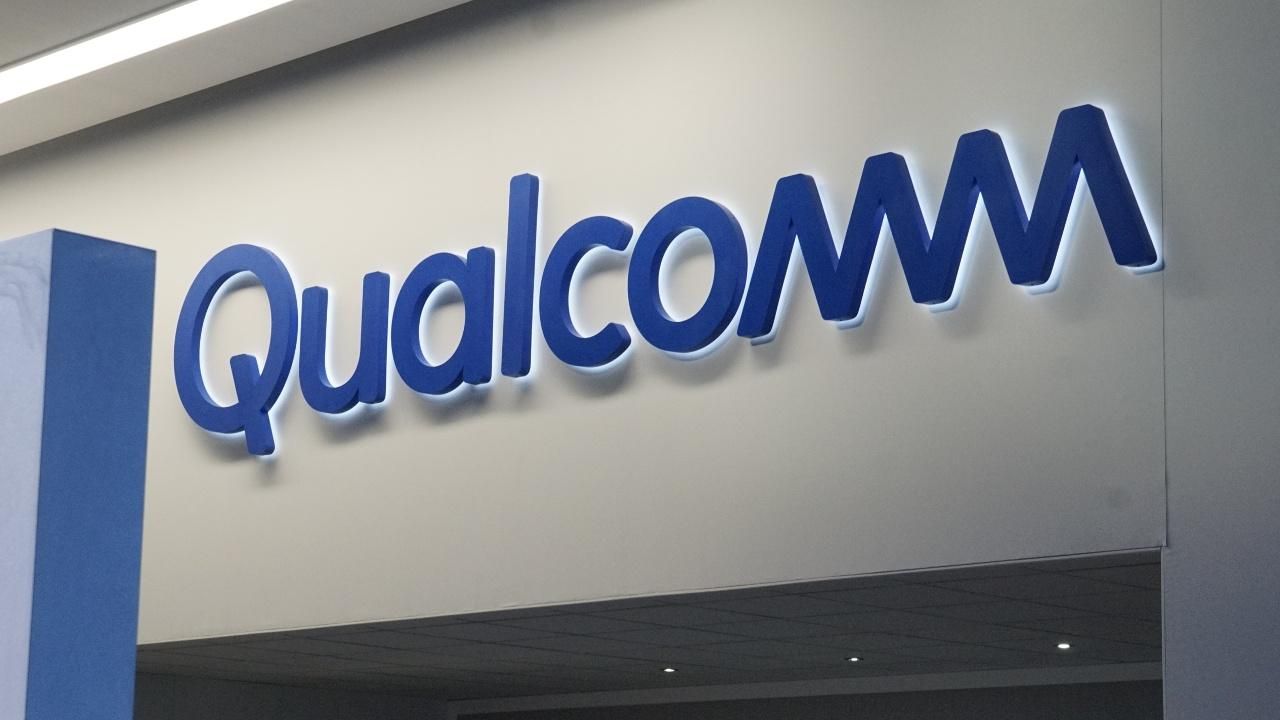A court in Mannheim, Germany, has dismissed Qualcomm’s patent infringement lawsuit against Apple. The judge’s initial verbal ruling called the chipmaker’s claims groundless.
Qualcomm is vowing to appeal the ruling and continue to enforce its intellectual property rights worldwide — it tried to do so in the United States in requesting the International Trade Commission to issue an injunction on iPhones and has successfully done so in China where iPhone models ranging from the iPhone 6s to the iPhone X are prohibited from import and sale.
For its part, Apple released a statement on the decision:
We are happy with the decision and thank the court for their time and diligence [..] We regret Qualcomm’s use of the court to divert attention from their illegal behavior that is the subject of multiple lawsuits and proceedings around the world.
The point of contention revolves around whether the inclusion of a power management chip from Apple supplier Qorvo in the iPhone 7 and iPhone 8 models infringes on a Qualcomm patent.
In a separate but related case last month, Qualcomm was awarded an injunction by a Munich court on the import and sales of iPhone 7 and iPhone 8 models at the 15 Apple Store locations in Germany. It later paid to have the ban enforced, it says, at more than 3,000 resellers. Top iPhone retailer Gravis said it is still selling the models in question as of yesterday.
But the most important trial involving Qualcomm places it as a defendant against the US Federal Trade Commission — the company is accused of structuring its licenses in a way to block out competing semiconductor companies from approaching its clients.

